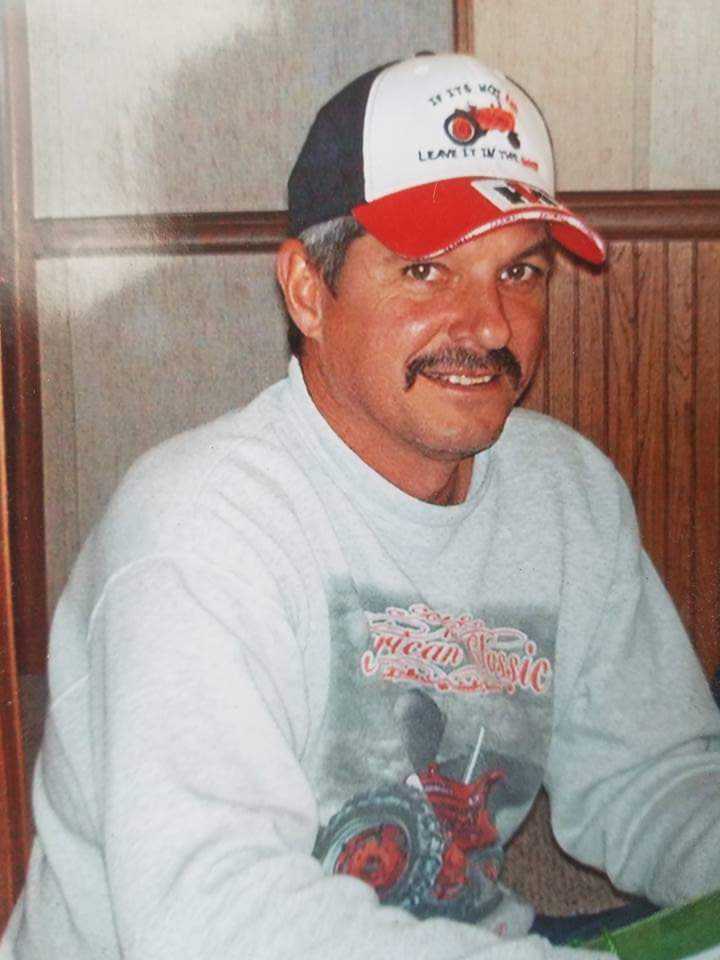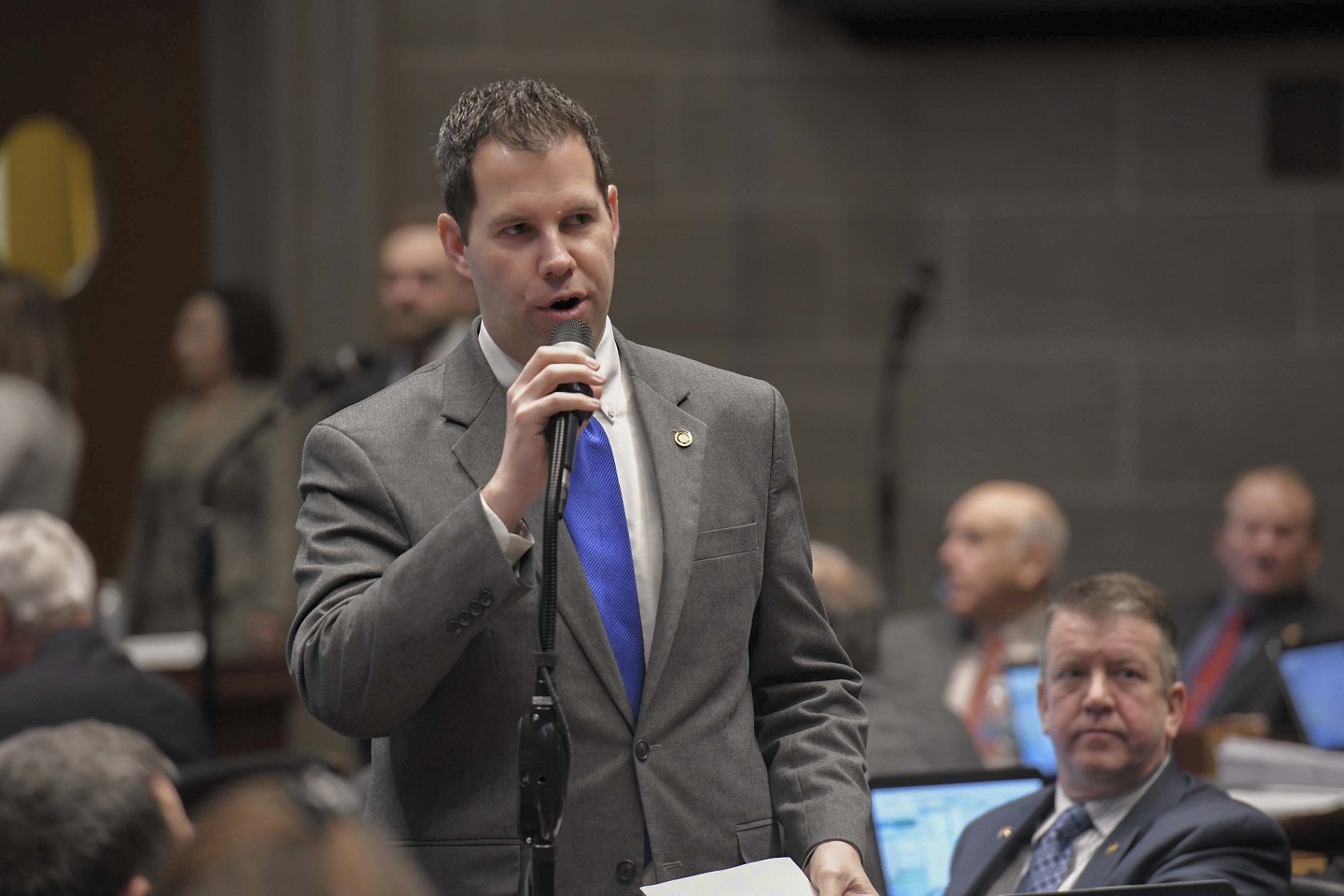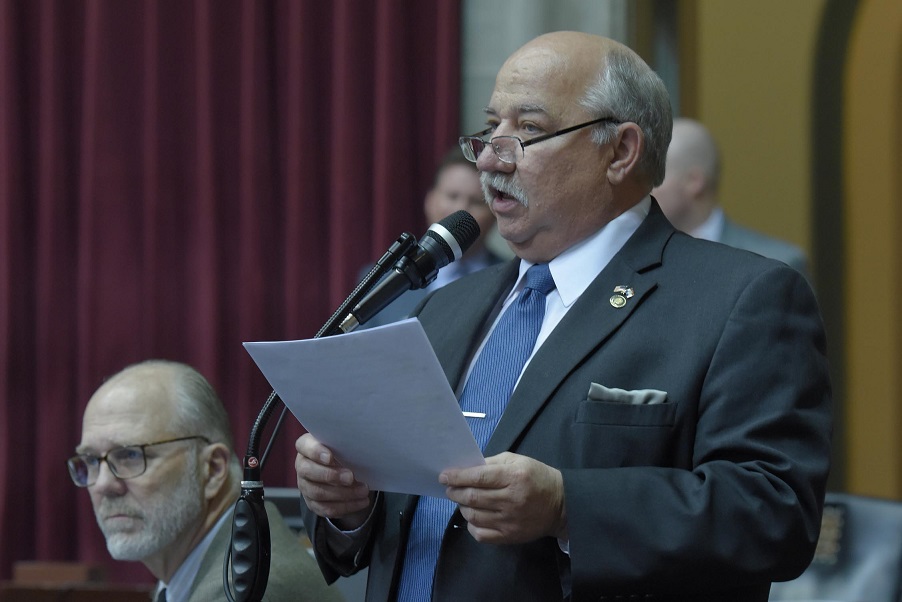The Missouri House has given preliminary approval to a statewide monitoring program for prescription drugs. Supporters say it will combat abuse of prescription drugs. Opponents say it will lead to more people switching to heroin and other illegal drugs, and cause an increase in overdose deaths.

Missouri is the only state in the nation without a statewide program, though a program started by St. Louis County encompasses roughly 87-percent of the state’s population.
House Bill 1693 would replace St. Louis County’s program with one that covers all of Missouri and puts additional protections in place for those whose data would be in the Monitoring program.
It would create an online database that doctors and pharmacists could use to record and monitor the purchases of pills and visits to pharmacies. For the seventh year, Representative Holly Rehder (R-Sikeston) is the proposal’s sponsor. She said it would help fight what has been called an “epidemic” of prescription drug use.
Representative Justin Hill (R-Lake St. Louis) has opposed creation of a Prescription Drug Monitoring Program (PDMP) each year he has been in the House. He argues that such programs have not worked, and said by taking away pharmacies as places abusers can get prescription drugs the state would be pushing abusers to illicit drugs. He said after St. Louis County’s PDMP was implemented the rate of drug overdose deaths increased in areas it covered.
Rehder acknowledged the increase in overdose deaths but maintained PDMPs are effective tools in detecting and stemming addiction before it worsens.

“As a grandmother who got my grandbaby out of a meth lab, who was living in one, there is no way that I would have the passion for this bill if I did not know from researching the data that this gets to the underlying problem,” said Rehder. “We must stop addiction on the front end. We must allow our providers to see it.”
Representative Glen Kolkmeyer (R-Odessa) said he backs the bill because not having a PDMP statewide means people can simply go to counties that do not have it to keep getting drugs to abuse or sell.
“My issue is … when we’re doing it patch quilted together is … if you’re from one county [which has PDMP] you’ll go to another county that doesn’t have it,” said Kolkmeyer. “That’s why we need it statewide.”
Rehder said her bill includes protections against information in the PDMP database being used to take away Missourians’ rights under the 2nd and 4th Amendments. She said those protections do not exist in the St. Louis County program.
Several proposed amendments to HB 1693 were voted down, including one that would have removed the bill from law if overdose deaths increase after its passage.
The bill was perfected by a roll call vote of 95-56. Another favorable vote would send it to the Senate.




